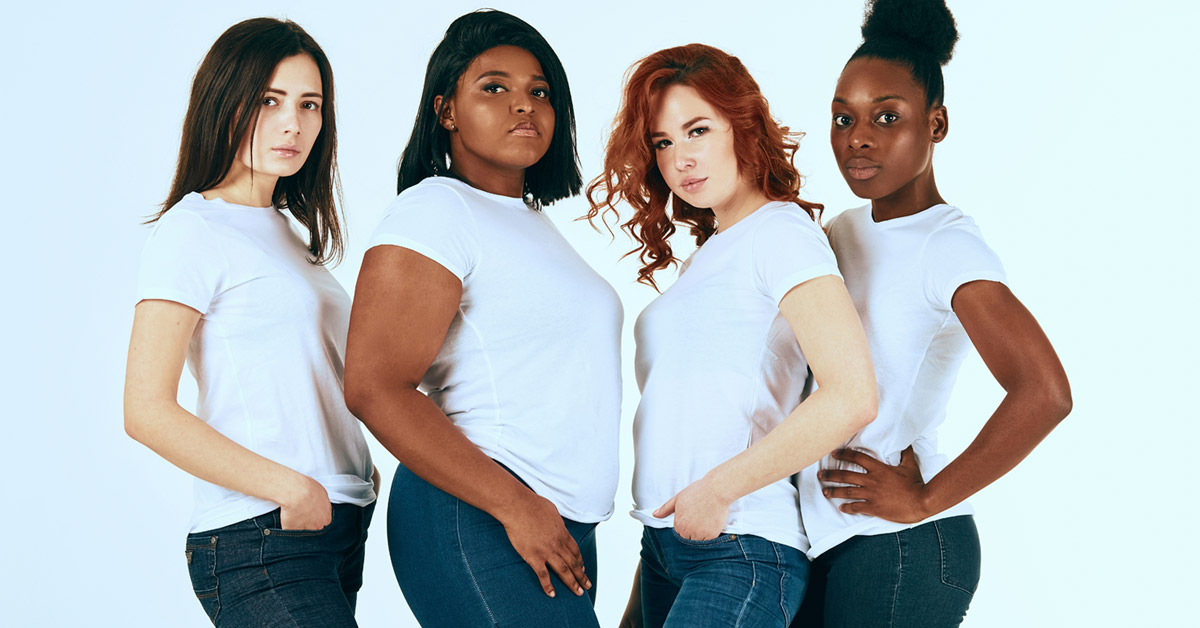
While breast cancer is less common in younger women than in older women, young women are more likely to have hereditary breast cancer. Hereditary cancers run in your family and are caused by an inherited change in your genes.
– – –
Breast cancer is one of the most common cancers in women in The Bahamas.
Bahamas Health officials estimate 300-500 new cases each year. 48% of the women diagnosed with breast cancer in The Bahamas were under the age of 50.
Breast Cancer in Young Women In The Bahamas
Breast cancer is less common in younger women than in older women, but young women are more likely to have hereditary breast cancer. Hereditary cancers run in your family and are caused by an inherited change in your genes.
The average age of diagnosis in The Bahamas is 42. In the United States it is 62.
44% of Bahamian women with breast cancer had Stage 3 or Stage 4 of this disease. What this means is that Bahamian wives, mothers, daughters, sisters, friends are finding out about their cancer later and dying younger.
Bahamian women with breast cancer have the highest prevalence of an inherited gene in the BRCA gene in the world. In fact, more than 25% of Bahamian women with breast cancer have this inherited pre-disposition. Carriers of this mutation can now plan preventative strategies. More and more young women are now coming forward for prophylactic bilateral mastectomy and reconstruction. They are also aware that if they have their ovaries removed (at age 35) it will give them a 70% protection against breast cancer and eliminate the risk of ovarian cancer which is also associated with this generic abnormality.
“BRCA” stands for the breast cancer gene. You have two BRCA genes—one from your mother and one from your father—which help the body prevent breast cancer.
Everyone Has BRCA Genes
Some people have mutations—or changes in their BRCA genes—which increase their risk for breast, ovarian, and other cancers. It is estimated that a full 23% of Bahamian women diagnosed with breast cancer carry the BRCA1 gene mutation. If one of your parents carries a BRCA gene mutation, you have a 50% chance of also having the mutation.
You May Be At a Higher Risk for a BRCA Mutation If—
You—or any family members—have had breast cancer before age 50.
Multiple relatives have had breast cancer, or a male relative has had breast cancer.
You—or any family members—have had ovarian cancer.
You or any family members have had breast or ovarian cancer.
A family member has a known BRCA mutation.
Why BRCA Mutations Matter
Breast Cancer
Women in The Bahamas who have the mutation have up to an 85% chance of developing breast cancer. Bahamian women have three different genes of breast cancer.
Ovarian Cancer
Ovarian and breast cancer are linked, they are called sister cancers.
30% of women with a BRCA1 or BRCA2 gene mutation will develop ovarian cancer by the time they turn 70 years old, compared to less than 1% of women in the general U.S. population.
3 Steps Young Women Can Take to Understand Their Hereditary Breast and Ovarian Cancer Risk
- Learn your family history of breast or ovarian cancer.
- It may indicate you are at a higher risk.
- Talk to a doctor if you are at a higher risk.
- Your doctor can help you make a plan for managing your risk.
- Know how your breasts normally look and feel.
- Talk to your doctor right away if you notice changes in the size or shape of your breast, pain, or nipple discharge.
Content Sources:
Division of Cancer Prevention and Control, Centers for Disease Control and Prevention
Statistics and information relating to The Bahamas: http://www.komenbahamas.org/survivors/understanding-breast-cancer/
